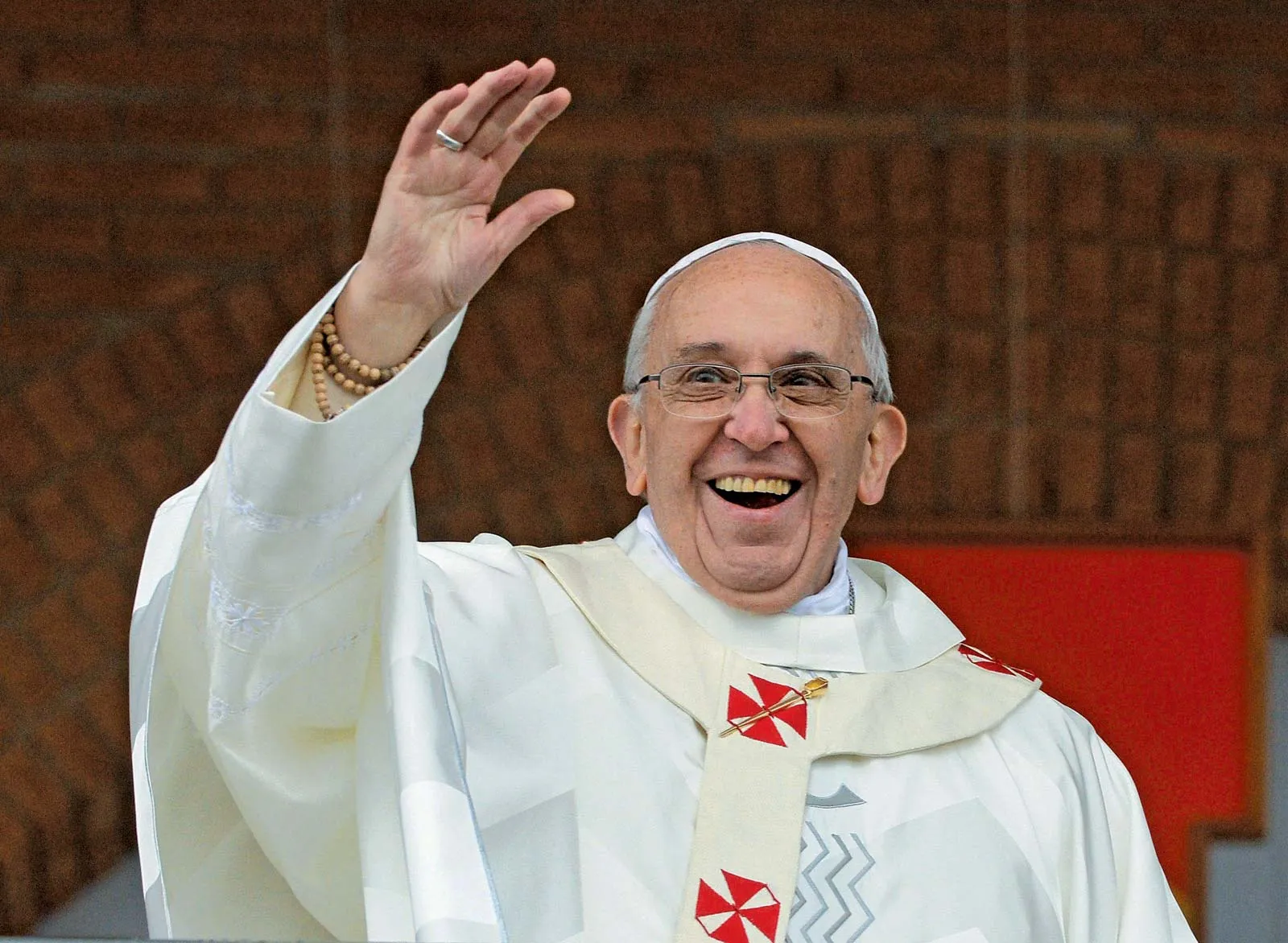Jorge Mario Bergoglio, known to the world as Pope Francis, was born on December 17, 1936, in Buenos Aires, Argentina. When he was elected on March 13, 2013, he became the 266th Pope of the Roman Catholic Church—and made history in the process.
He was the first Jesuit, the first pope from the Americas, the first from the Southern Hemisphere, and the first non-European pope in over 1,200 years.
Before ascending to the papacy, he served as the Archbishop of Buenos Aires and was a cardinal known for his quiet but firm focus on social justice.
A Pope of the People
Pope Francis chose not to live in the Apostolic Palace, instead residing in the modest Casa Santa Marta. His decision reflected his deep commitment to simplicity, humility, and servant leadership. Throughout his papacy, he championed the causes of the poor, the marginalized, and the environment, consistently urging the Church to be "a field hospital after battle."
His message was one of mercy, dialogue, and inclusion—welcoming those who had long felt alienated from the Church. He took bold stances on contemporary issues like climate change, immigration, and economic inequality, and opened doors to conversations about LGBTQ+ inclusion, clerical celibacy, and the role of women in the Church.
Why the Name “Francis”?
Upon his election, he chose the name Francis in honor of St. Francis of Assisi, the saint renowned for his radical embrace of poverty, peace, and care for creation. The name was a powerful symbol of the new Pope’s vision—one rooted in service, not power.
Like his namesake, Pope Francis made clear his desire to lead a Church that was less about grandeur and more about compassion, justice, and pastoral care.
Election and First Steps
Pope Francis was elected on the fifth ballot during the 2013 conclave, succeeding Pope Benedict XVI, who had resigned—a rare and historic event.
His first public appearance hinted at a new era. He wore a simple white cassock and retained his iron cross, eschewing the traditional gold and ermine regalia. Instead of sitting on a throne, he greeted the cardinals standing, a quiet but powerful sign of change.
In his first blessing, Urbi et Orbi, he asked the crowd in St. Peter’s Square to pray for him—a moment that deeply moved many Catholics around the world.
Legacy
Pope Francis will be remembered as a bridge-builder and reformer, a Pope who challenged the Church to step outside its walls and embrace the world’s pain with compassion. While his tenure was not without controversy—particularly in addressing the Church’s abuse crisis—he remained steadfast in pushing for transparency, accountability, and healing.
As the Church now looks to the future, it does so deeply shaped by his legacy of humility, courage, and a radical call to love.

